
Rwanda (RWA)


Current conflicts in sub-Saharan Africa: 1. Theoretical part
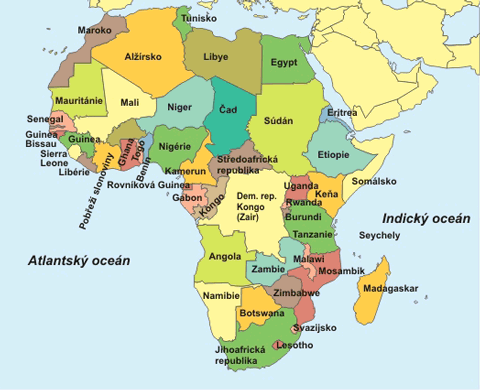
Current conflicts in sub-Saharan Africa: 2. The analysis of conflicts
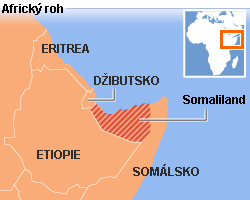
Current conflicts in sub-Saharan Africa: 3. Selected conflicts
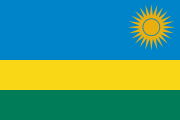
Current conflicts in sub-Saharan Africa: 4. Ethnic conflicts in Rwanda
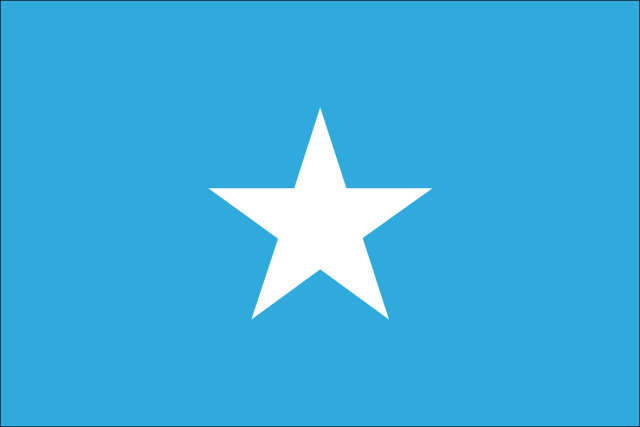
Current conflicts in sub-Saharan Africa: Annexes
Attachments, photo gallery

Current conflicts in sub-Saharan Africa: Literature

Postmodern War: Can the conflict in Rwanda be described as a postmodern war?

The UN and the Rwandan genocide
4. UN measures and their effectiveness Genocide is not an outburst of spontaneous violence, but above all a well-planned action. The perpetrator is not a mob, but an organized force; most often a political party or an army. In Rwanda, it was President Habyarimana's MRND party and the informal Akazu group.

UN and Rwanda Genocide
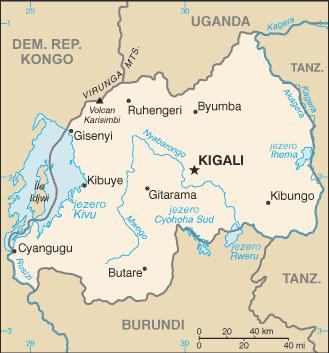
UN and Rwanda Genocide
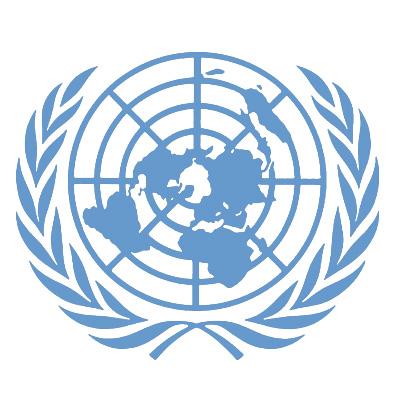
UN and Rwanda Genocide

UN and Rwanda Genocide

UN and Rwanda Genocide

Preceding State Formations

Upper Territorial Units

Lower Territorial Units

Cities and Villages

Industry

Military Objects

Military Cemeteries

Fortifications

Castles, Chateau, Strongholds

Museums
Join us
We believe that there are people with different interests and experiences who could contribute their knowledge and ideas. If you love military history and have experience in historical research, writing articles, editing text, moderating, creating images, graphics or videos, or simply have a desire to contribute to our unique system, you can join us and help us create content that will be interesting and beneficial to other readers.
Find out more